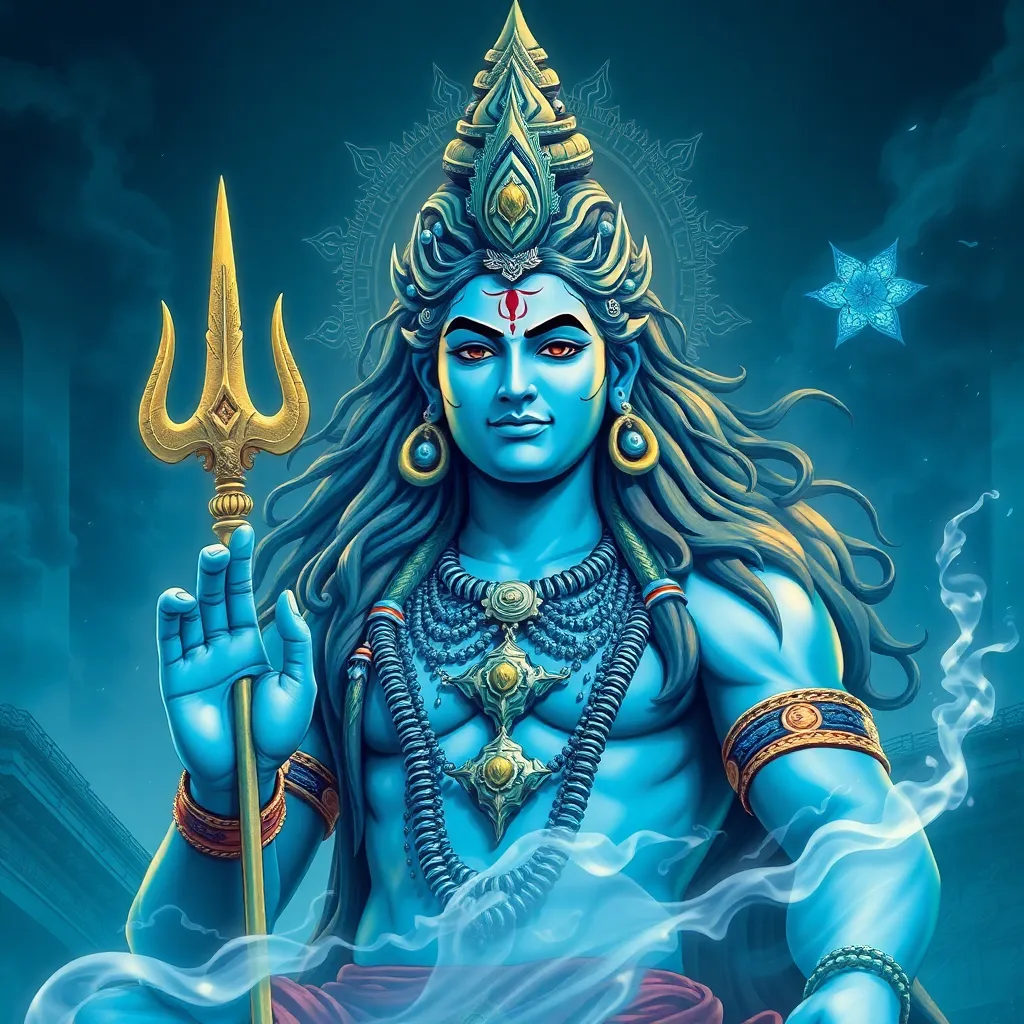
16-Nov-2024 , Updated on 11/16/2024 11:32:07 PM
Why Most Indian Muslims worship God Shiva: Reality of their Ancestors
Among many issues related to the cultural interchange in the context of Indian Muslims and Hindu gods, it is quite astonishing and provoking when it comes to Lord Shiva.
Of course, numbing minds quickly ask how it is even possible for Muslims to worship a Hindu god since the two are outwardly opposite in beliefs. That is why, while some people like to explain this as a collaborative process, others face only a critical question: Can the so-called ‘Islamic’ identities and practices really exist when their basic elements clash with the tenets of the Islamic religion?
A Historical Perspective
Now, as to why some Indian Muslims entreat Lord Shiva, one has to go back in time. The Indian subcontinent has been a place of Indus Valley civilisation for hundreds of years and a rich blend of different cultures and religions. The region was mostly Hindu before the arrival of Islam, and most societal norms, values, and gods were already part of the population’s expectations.
Islam came to India not to clear the centuries-old cultural geography, but it arrived with prominence. Still, it coexisted with what is now called pagan practises, and thus there was a lot of confusion regarding beliefs. Now many of the Muslims have their forefathers who earlier embraced Hinduism, and that adds strain to their religious transition.
The Influence of Sufism
Islamic mysticism, Sufism, exercises a vast impact on a paramount number of Indian Islamic devotees. But in practising Sufism, there is considerable mixing of religious and local culture into a single, uncontrolled bundle of liberalism and tolerance. This may result in a very undesirable situation where even the local gods, such as the Hindu gods, are also embraced.
The Influence of Sufism
Several mystical Islams or Sufisms predominant across the country have had a profound impact on Indian Muslims. It is worth noting that although the Sufi system encourages love and tolerance, many times it intertwines religious injunctions with culture. This can easily culminate into syncretism, where practices such as the worship of local gods, such as Hindu gods, are given the green light.
This arrangement of sharing areas for Sufi saints’ tombs and Hindu gods’ idols appears to look very reasonable but questions the authenticity of the Islamic religion.
Are Muslims actually right to conduct such practices localised for pagan gods and goddesses? This practice has been found and observed to complicate the cultural and spiritual given the blending of practices from the two.
Culture, customs, beliefs & practices, and chief festivities
Some Muslims of India, especially in Maharashtra and Uttar Pradesh, celebrate festivals associated with Lord Shiva. While this may appear as a kind gesture, it gives cause for concern regarding the dilution of religious style. The festival of Maha Shivaratri, for instance, sees some Muslims joining Hindu celebrations, but one must ask: is this perfectly reasonable understanding of cultural differences a form of genuine respect or is it a form of cultural surrender?
Visiting Shiva temples or performing some of the rituals may be considered a deviation from Islamic rules and regulations. This causes one to wonder if the said people are even sincere in their faith or whether they’re just bastions of a culture that negates their religion.
as evidenced by folklore and superstitions/legends
Hindustani stories have a lot of narrations that intermix both Hindu and Muslim motifs most of the time. Several stories show Lord Shiva as a global deity, but this is a fallacy of sorts. For some people, these stories may be quite inspiring, but at the same time, such narratives may help obscure the difference between Hinduism and Islam as two separate entities. This belief in Shiva among some Indian Muslims may be due to a dangerous tolerance for tenets that are entirely antithetical to their religion.
Conclusion: A Call for Clarity
The practice of some Indian Muslims to worship Lord Shiva shows vital concerns as to the issue of religious identity and inviolability. As much as some people may find this as a mixture of the two cultures, many can also view it as a paradox that malformed the cultural norms and regulations of Islam.
Religious principles should be well-defined, and the interconnection between the concepts causes the environment to be rather blurred and uncertain. One has to think about the fact that he or she should engage in cult practices that would involve the worship of the gods, which the person does not believe in.
That is why the delimitation of religions is found important, especially when free will steers the wheels of Indian religiosity in the sprawling present. In light of these, worship of the divine should be out of a good foundation of beliefs such that the worship does not end up in a compromise that would water down the fundamentals of worship.

Student
hey there! i am a student currently pursuing my bachelors with a keen interest in writing., I am fueled by a deep love for storytelling and a flair for creating captivating narratives. Armed with a passion for language and a keen eye for detail, I strive to craft compelling copy that leaves a lasting impact.
Join Our Newsletter
Subscribe to our newsletter to receive emails about new views posts, releases and updates.
Copyright 2010 - 2026 MindStick Software Pvt. Ltd. All Rights Reserved Privacy Policy | Terms & Conditions | Cookie Policy